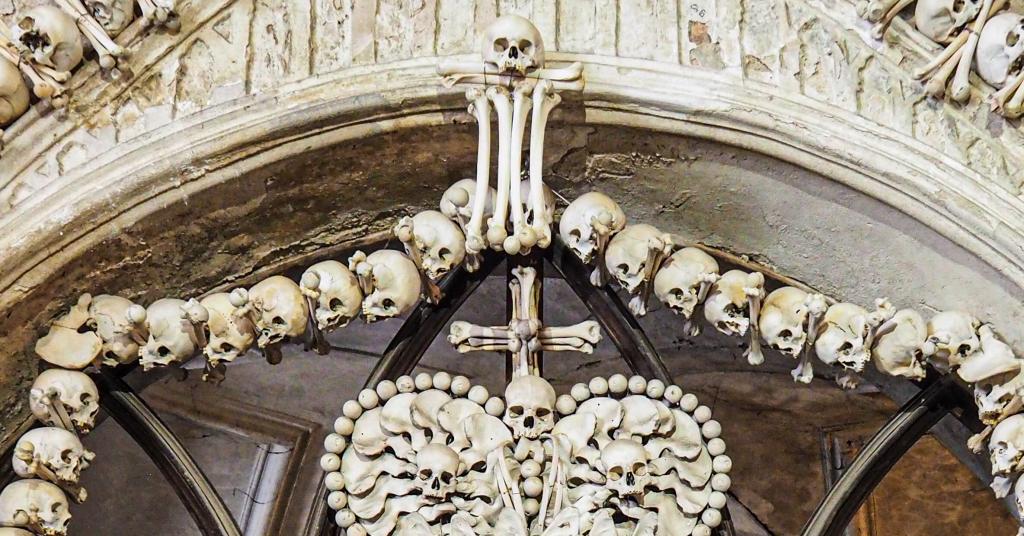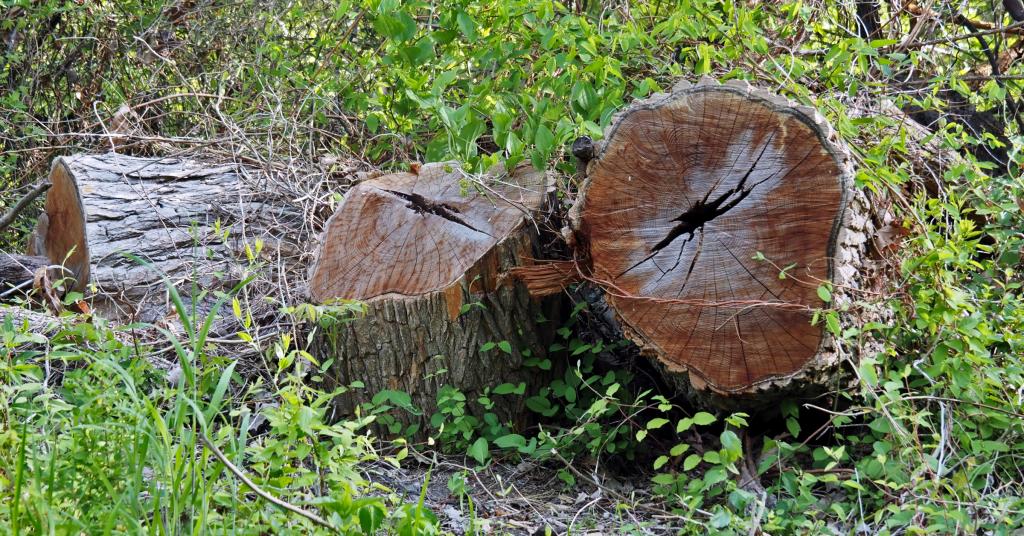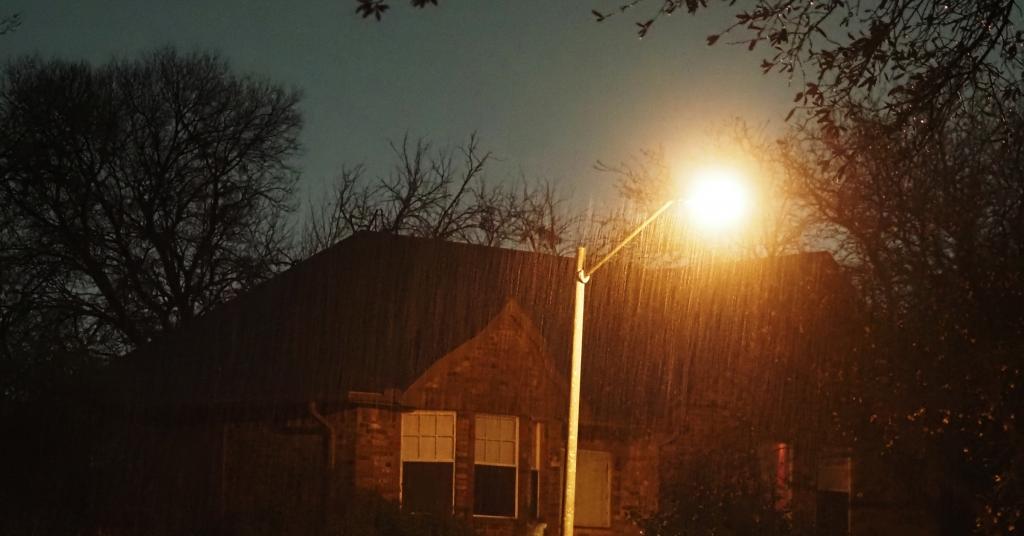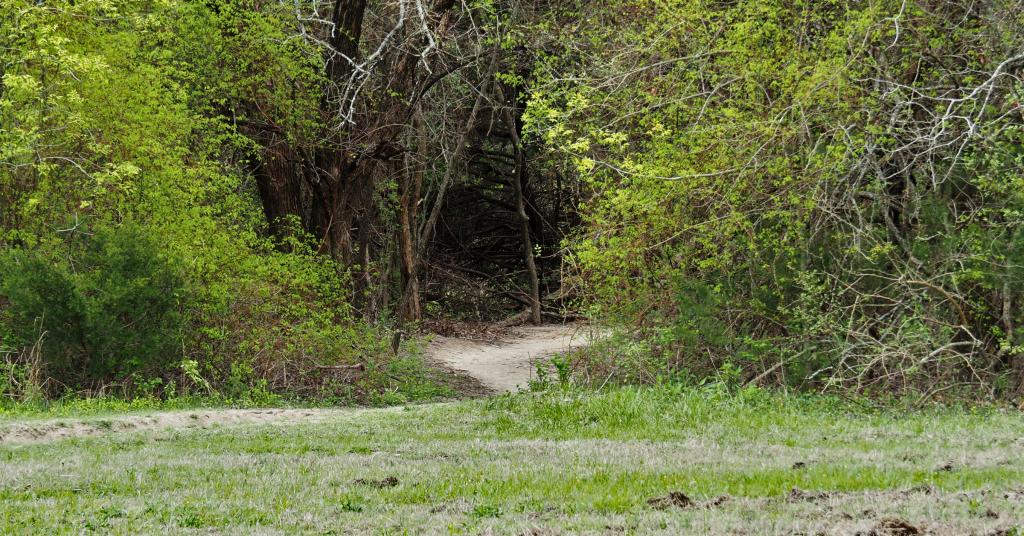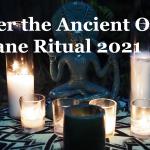Last week Pagan artist and author Robin Wood died. I posted a brief tribute to her on Facebook, which I concluded by saying “the death of someone we do not know is not the time for speculation on what comes next.”
I was a little surprised that those words rolled off my fingers as easily as they did – I’ve had a hard time learning them.
An attentive kid at low church funerals
I grew up going to funerals. As a kid it seemed like some elderly relative was dying every other month. My parents took me and my brother out of school, dressed us up, threw us in the back seat of the car and drove us on trips that seemed like they took forever even though they didn’t.
My relatives belonged to several denominations, but all except one were traditional low church Southern Protestants. All the funerals preached “I am the resurrection and the life” and “in my father’s house are many mansions.” I was a religion geek even at an early age, and it seemed to me that funerals were intended to comfort the survivors and to reinforce common beliefs about the afterlife and how to get there.
I also noticed pretty early on that some preachers wanted to make the funeral about themselves and not about the person who had died. A funeral is not the place for an altar call.
But while these funerals may have served to reinforce common doctrines about death and the hereafter, they weren’t always successful in providing comfort to the grieving.
I was shocked the first time I heard someone I knew to be a devout Christian say “I’m so mad at God for taking him.” How could they say that? Their loved one had “gone to be with the Lord” and it was “all part of God’s plan” and “all things work together for good to those who love God.”
Didn’t they have faith?
Faith vs. cognitive dissonance
It took my 8 or 9 year old self a while to understand that people don’t always believe what they say they believe. I would be a young adult before I understood that almost everyone has the kind of religious doubts I was struggling with – most people just don’t deal with them. And I would be far down my path of Paganism before I realized that rather than providing comfort in times of sorrow, group beliefs often add to the stress.
On one hand, they were being told that what happened was good, even if only in the grand scheme of things.
But all they knew for sure was that someone they loved was now dead and gone and they were in pain. And other people they loved and trusted were telling them they shouldn’t be in pain.
That didn’t make the pain go away – it just made it worse. Now on top of their loss, they had guilt for not having enough faith.
When all they were doing was going through the normal, healthy, human process of grieving.
Some of them walked away from their church. Most would eventually find their way back – life-long habits and the social pressure were too strong. But a couple never did. They never declared themselves atheists – that would have been social suicide – but they might as well have.
Interestingly, some of the very people who rejected the “he’s in a better place” comments turned around and offered those same words to others in future years. They felt the need to say something comforting and they repeated the empty lines they had heard their whole lives. Had they forgotten how meaningless they were to them? I suspect they had.
The need for honesty around death
Providing authentic comfort to the grieving does not require abandoning our beliefs about what comes after death. It simply requires being honest about what we do and do not know.
Death is a mystery. It always has been – I expect it always will be. I have some fairly specific thoughts on what comes after death. But I freely admit I might be wrong. And to me that’s critical – it’s far better to embrace the mystery than to cling to a false certainty.
That may not be comforting to someone who’s spent their whole live thinking in terms of heaven and hell and not giving either of them much serious thought. The need for honesty around death begins with not teaching a false certainty to begin with.
There is value in exploring death and the afterlife. The older I get and the more I realize I’ve got a lot more years behind me than in front of me, the more I find my experiences of the Otherworld and the beliefs those experiences inspire to be reassuring. But once I die, my beliefs will be of no further value. Even my fellow Pagans don’t agree on what comes next – my Christian friends certainly don’t.
Simply acknowledge that death is a mystery – a mystery that we will all one day encounter.
Accept that grief is natural and necessary
This is the hardest part for most of us. And if it’s hard to accept when we’re the ones grieving, it’s even harder to accept when it’s our loved ones who are hurting.
Sometimes this is because we make it about ourselves – we don’t want other people bringing us down, no matter who or what they’ve lost. But more often, our desire to make things better is genuine – we love them and we want them to feel better. So we grasp for something to say, something to do, anything to make things better.
But we can’t make it better – we can only make it worse with words that mean nothing in the moment.
We can’t make our friends not suffer.
We can only make sure they don’t suffer alone.
Celebrate a life well lived
In the moment there’s nothing we can do but offer a shoulder to cry on. But by the time we get to a funeral, we can talk about what the person did well – what they enjoyed in life.
This is where I get annoyed with many Christian funerals – the ones that focus on preaching sermons instead of celebrating the life of the deceased. One of the best things we can do to begin the process of recovery is to remember the good times, the accomplishments, and the milestones.
This is also a reminder that we never know how long our lives will be. Don’t wait to do the things you’ve always wanted to do, or the things you’ve always felt you’re supposed to do – do them while you still can.
We live on in what we leave behind
What happens to our souls – the essence of who and what we are – after death is a mystery. What happens to our legacy is not.
Speaking of Robin Wood, I said “this much we know: all of us will live on in what – and who – we leave behind. Robin Wood will live on in her art, and in all the people she touched, for a very, very long time.”
You need not be a famous artist to live on after death. We will all live on in the families and communities we’ve been a part of. We’ll live on in our children and grandchildren, and in those we’ve adopted as family – whether legally or informally.
Every one of us makes an impact on this world, to one extent or another. That impact continues long after we die.
There is a place for co-religionists to do serious religious work
Much of what I’m recommending here is very humanistic. That’s good and necessary, but it’s not always sufficient. Many religions teach that there are things the living must do for the dead – things that go beyond comforting those who are left behind.
These things vary widely from tradition to tradition, but they start with prayers and offerings for a safe and easy crossing. They may involve calling ancestors or psychopomp deities to help with the transition. There may be other rites to perform. Some of this can be done in a funeral – other parts may need to be done privately.
Those who are grieving the most may not be up to such work. Or doing it may help them process the reality of the transition and begin to move on. Each situation is different – approach each case with compassion and flexibility.
Accept your limitations and move forward in love
It’s as impossible to stop grief as it is to stop death. Trying to stop either gets messy and makes things worse. Let Nature run its course.
Accept the mystery of death. Speak only what you know is true and not what you believe is true, and especially not what you’ve been told you’re supposed to believe. Comfort the grieving with your presence, not with your words.
This has been a hard lesson for me to learn. There have been times when I made things worse when I was genuinely trying to make them better.
My prayer is that you learn this faster than I did.


